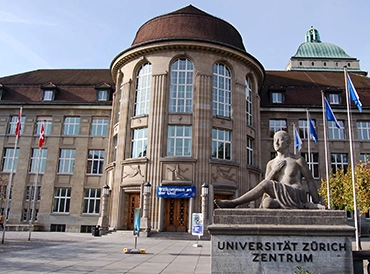Work & Study Opportunities
International students in Switzerland can participate in work-study programs, particularly in fields like hospitality and arts. These programs typically involve:
- Six months of academic study: Focusing on theoretical learning and industry-specific skills.
- Six months of paid work placement: Allowing students to gain practical experience while earning a salary.
For non-EU students, work is permitted after six months of residing in Switzerland, with a limit of 15 hours per week during studies and full-time work during semester breaks.

 ';
';






